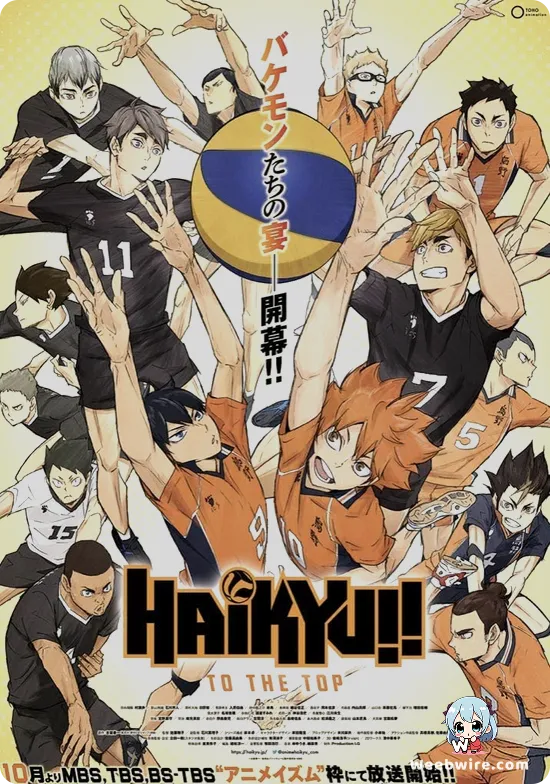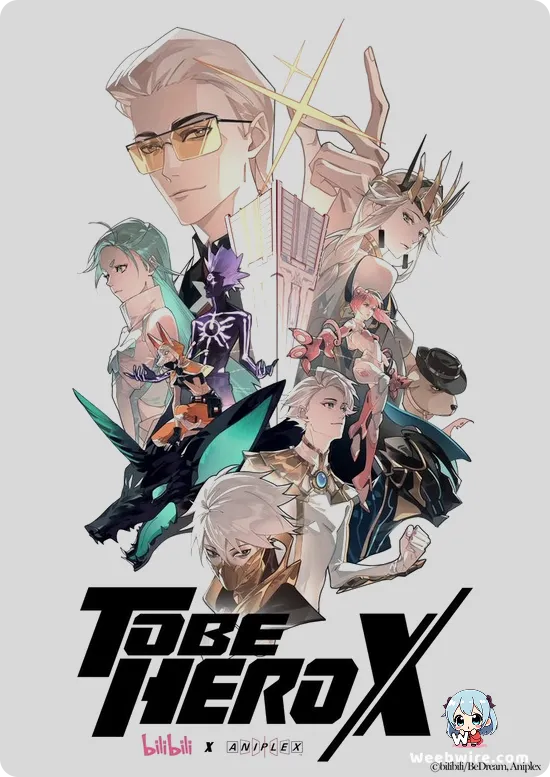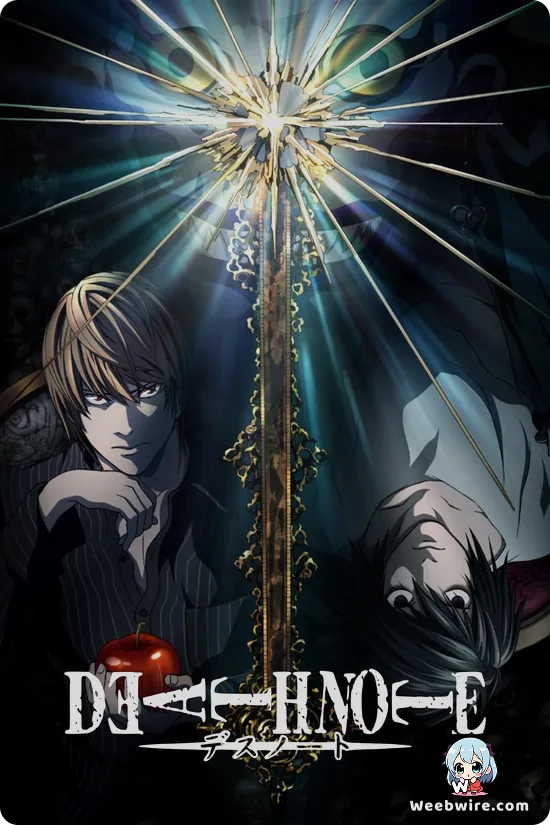Akagi: Unraveling the Psychological Depths of MADHOUSE's Enduring Mahjong Masterpiece
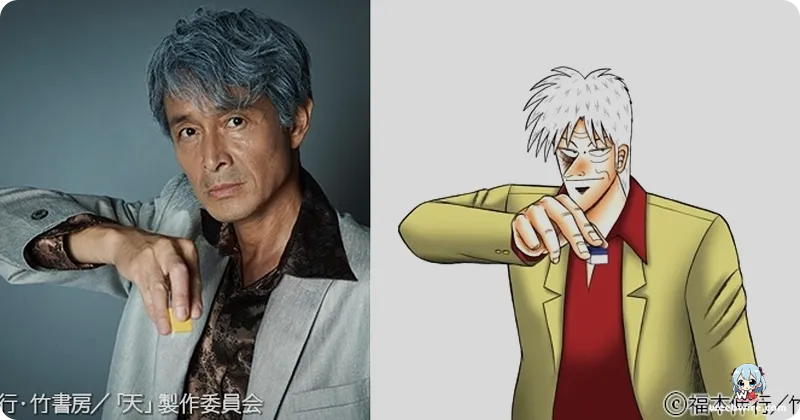
In the pantheon of anime, few titles resonate with the profound psychological intensity and unconventional narrative of 'Akagi.' The 2005 adaptation by the esteemed Studio MADHOUSE continues to captivate audiences, not merely through its high-stakes mahjong battles, but through the enigmatic figure of Shigeru Akagi. Beyond the surface, fascinating insights illuminate its enduring cult classic status.
At its core, 'Akagi' brilliantly uses mahjong as a canvas for intense psychological warfare, where a deep understanding of game rules is secondary to the cerebral combat. Creator Nobuyuki Fukumoto masterfully explores themes of risk, fate, death, and human nature under extreme pressure. Akagi's genius lies in his uncanny ability to read opponents, manipulate their fears, and maintain an unshakeable composure. This focus on mind games ensures even mahjong novices are drawn into its gripping drama.
Akagi's character development is uniquely static; he appears fully formed from the start, a precocious, almost primal teenager who effortlessly dismantles established orders. His narrative is one of revelation, peeling back layers of his extraordinary intuition and fearless philosophy. Akagi’s worldview, articulated through sharp dialogue, embraces danger, rejects conventional morality, and finds ultimate freedom in high-stakes situations where death is a tangible possibility. He remains a static yet endlessly compelling force of nature.
Studio MADHOUSE meticulously translated Fukumoto's distinctive style, capturing the stark, minimalist aesthetic of the manga. The anime's visual language, sharp angles, intense close-ups, and a subdued color palette, amplifies psychological tension. The studio's commitment to Fukumoto's unique character designs, with angular faces and piercing eyes, was crucial, becoming integral to the show's identity and powerfully conveying inner turmoil.
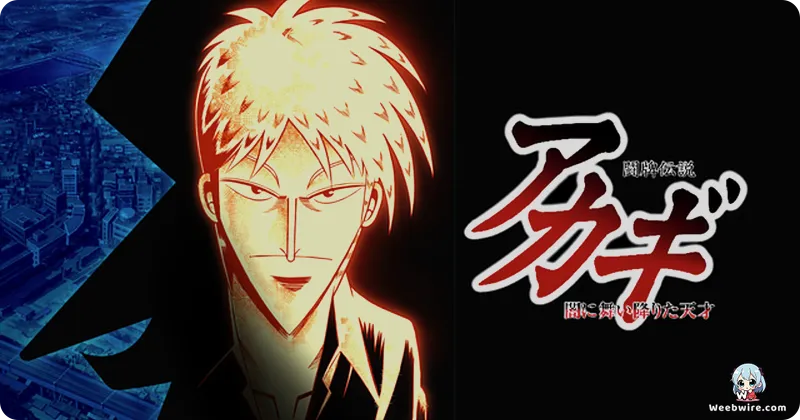
Masato Hagiwara's voice portrayal of Shigeru Akagi is an understated triumph, delivering lines with chilling calmness and subtle menace, perfectly embodying Akagi's detached brilliance. The pervasive narration further immerses viewers into the intricate mental battles, revealing Akagi's philosophical insights into life and death.
A key highlight, the legendary 'Washizu Mahjong' arc, introduces custom, incredibly dangerous rules: transparent tiles and players literally betting their blood and life savings. This extreme modification pushes Akagi's philosophy to its limits, placing his very existence on the line and underscoring the anime's commitment to exploring extreme human psychology for survival or victory.
'Akagi' is more than a gambling anime; it's a profound meditation on genius, freedom, and mortality. Akagi's almost nihilistic approach, where the thrill of facing death is the ultimate high, resonates with audiences seeking stories that challenge conventional heroism. Its blend of intense strategy, philosophical inquiry, and distinctive artistic presentation ensures its place as a truly unforgettable anime and a unique entry in the psychological thriller genre.
Credits
Akagi
Author
Nobuyuki Fukumoto
Cover Art
Nobuyuki Fukumoto
Studio
MADHOUSE
Publisher
Takeshobo
Producers



